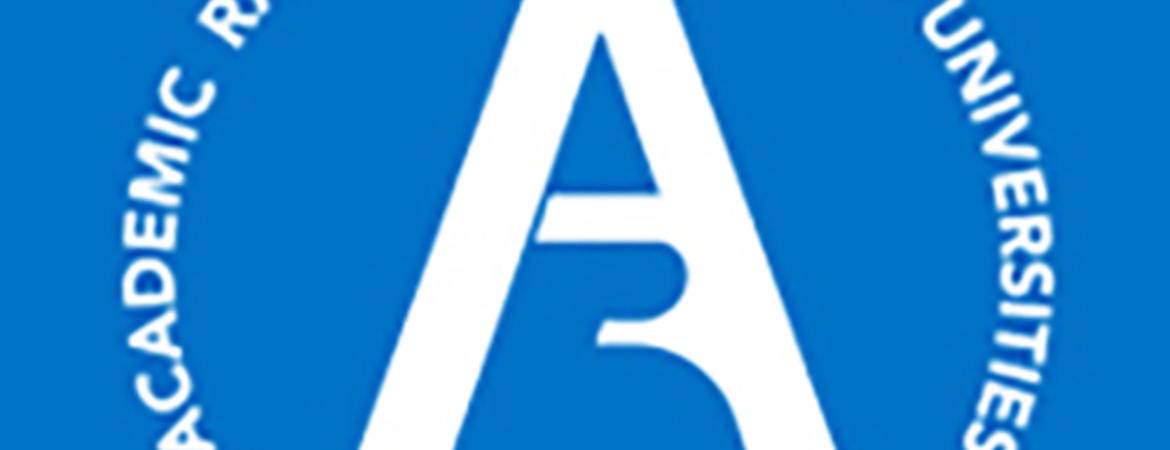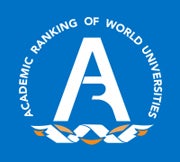
The Department of Chemistry in the College of Natural and Agricultural Sciences at UC Riverside is ranked 47th in the world, according to the recently published 2014 Academic Ranking of World Universities, which measures the research impact of more than 1,200 universities around the world.
When compared with other U.S. universities UCR ranks 27th overall, and is 17th among public universities. This ranking places the UCR Chemistry Department ahead of several noteworthy U.S. universities including John Hopkins, UC Davis, Duke, Indiana University, Iowa State University, Penn State, Princeton, and University of Chicago.
This is the first time UCR’s Department of Chemistry has appeared in the top 50 in the ARWU rankings, which uses the following criteria and weights:
- Alumni (10 percent) – Alumni of an institution winning Nobel Prizes in Chemistry since 1961
- Award (15 percent) – Staff of an institution winning Nobel Prizes in Chemistry since 1971
- HiCi (25 percent) – Highly cited researchers in Chemistry category
- PUB (25 percent) – Science Citation Index – expanded in Chemistry fields
- TOP (25 percent) – Percentage of papers published in top 20 percent journals of Chemistry fields to that of all Chemistry journals
Notably, UCR’s chemistry faculty were ranked 11th in the TOP category, which measures percentage of papers published in top journals. The top ten institutions in the TOP category have an average of 50 percent more faculty than UCR.
“This speaks directly to the quality of the research being done by our faculty in the Department of Chemistry,” said Marylynn Yates, dean of the College of Natural and Agricultural Sciences and professor of environmental microbiology at UCR. “It also validates our ongoing efforts to recruit and retain the best scholars in their fields.”
UCR was also aided in its ranking by having an alumnus who won the Nobel Prize for Chemistry. Richard Schrock ‘67, who won the prize in 2005, said at the time, “I was accepted at Berkeley but chose to attend Riverside, a relatively new campus about 90 miles north of San Diego, because I thought that a smaller school might allow me to do more independent research earlier in my career. That proved to be the case.”1
The ARWU rankings, which are released by the Center for World-Class Universities at Shanghai Jiao Tong University, began in 2003 and are based on a set of objective indicators and third-party data. Each year, the center ranks more than 1,200 universities in creating its top 500 list, along with top 200 lists in five broad subject fields and five selected subject areas.
1 From Les Prix Nobel. The Nobel Prizes 2005, Editor Karl Grandin, [Nobel Foundation], Stockholm, 2006
